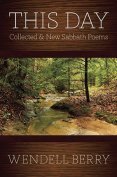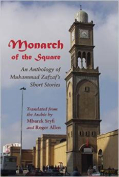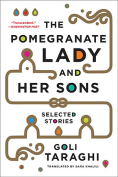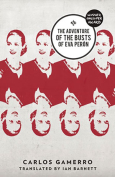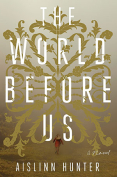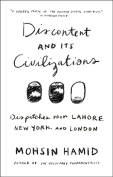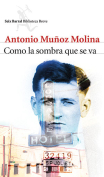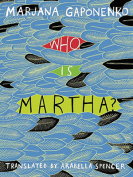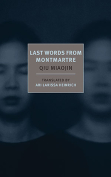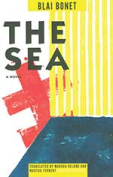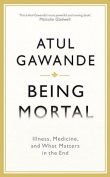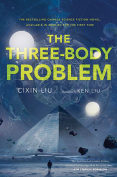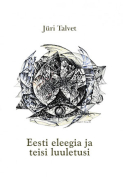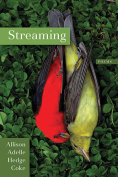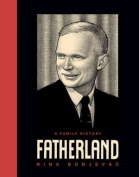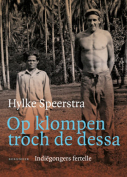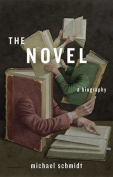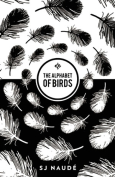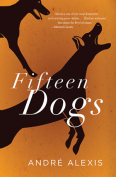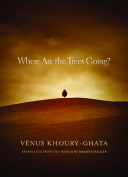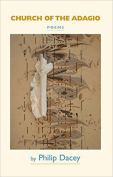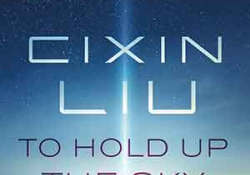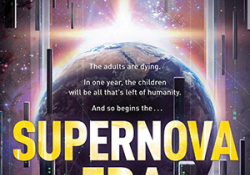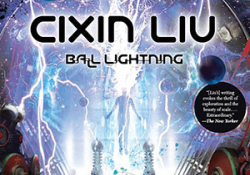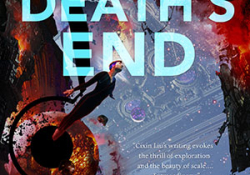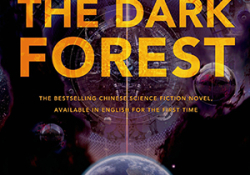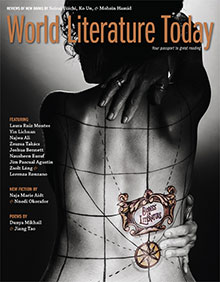The Three-Body Problem by Cixin Liu
Ken Liu, tr. New York. Tor Books. 2014. ISBN 9780765377067
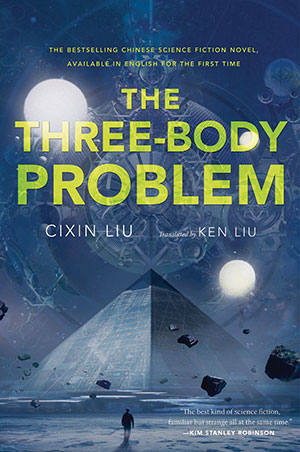 In its opening pages, The Three-Body Problem plunges us into the Cultural Revolution. It is 1967. Ye Zhetai, a professor of theoretical physics at Tsinghua University, is undergoing a verbally and physically savage “struggle session” that leads to his death. His crime? Teaching ideologically reactionary subjects such as relativity, quantum mechanics, and the big bang theory. Watching is his daughter Ye Wenjie, whose view of humanity is forged by this event. Ye is sensitive, brilliant, incorruptible, and utterly convinced that the human species is irredeemably evil.
In its opening pages, The Three-Body Problem plunges us into the Cultural Revolution. It is 1967. Ye Zhetai, a professor of theoretical physics at Tsinghua University, is undergoing a verbally and physically savage “struggle session” that leads to his death. His crime? Teaching ideologically reactionary subjects such as relativity, quantum mechanics, and the big bang theory. Watching is his daughter Ye Wenjie, whose view of humanity is forged by this event. Ye is sensitive, brilliant, incorruptible, and utterly convinced that the human species is irredeemably evil.
Soon thereafter Ye, an astrophysicist by training, is offered a job in a mysterious, highly secret military base. She accepts, then seemingly disappears from the novel, which jumps ahead about forty years.
In our time, nanotechnologist Wang Miao learns that the world’s most eminent scientists have been committing suicide, leaving behind cryptic and discouraging notes like “Physics has never existed, and will never exist.” Investigating, Wang discovers that the suicides were triggered by anomalous results of advanced experiments, results that bring into question fundamental laws of nature. Then Wang himself begins to experience alarming, inexplicable phenomena.
While all this is going on, Wang happens across a computer game called Three Body. He logs on—and in so doing initiates the novel’s second narrative: his avatar’s adventures in the bizarre, decidedly nonterrestrial world of the game. For a while this parallel story seems unrelated to Wang’s investigations in the real world, but the two are deeply related—and that relationship is the core of Liu’s audacious premise.
First published in China in 2006, The Three-Body Problem was an unprecedented success, as were its two successors: each sold over five hundred thousand copies, far beyond the sales of any modern Chinese SF novel since the genre appeared late in the Qing dynasty. It won a host of major awards and made Cixin Liu the authorial equivalent of a rock star. (It has its own website, 3body.net, a URL with ominous overtones for readers of the novel.)
In this country, Ken Liu’s masterful translation has been nominated for three major prizes: the Hugo, Nebula, and John W. Campbell Memorial awards, each given to the best SF novel of the year. That would be a major accomplishment for any novel; for a novel in translation by a writer very few English-speaking readers are likely to have heard of, it is phenomenal.
Interested readers, however, should know what they are getting into. First, The Three-Body Problem is the initial novel in a trilogy, cheerily entitled Remembrance of Earth’s Past. No problem. Its ending is thoroughly satisfying, even as it leaves us eager for the next volume, The Dark Forest.
Second, it is a science-fictional novel of ideas, somewhat in the tradition of mid-twentieth-century American SF. Readers seeking subtle portrayals and development of multidimensional characters should look elsewhere, as should those averse to brief expositions of ideas in contemporary physics. What The Three-Body Problem offers instead are audacious, mind-expanding extrapolations of known science, fascinating fictional commentary on the interplay of science and politics in present-day China, and storytelling on a grand, wildly ambitious scale. Such stories, if done as well as this one, can evoke a response all but unique to the genre: an awe at nature and the universe SF readers call a “sense of wonder.”
Michael A. Morrison
University of Oklahoma
